Book Hook: Learning about Learning
Book Hook: Learning about Learning
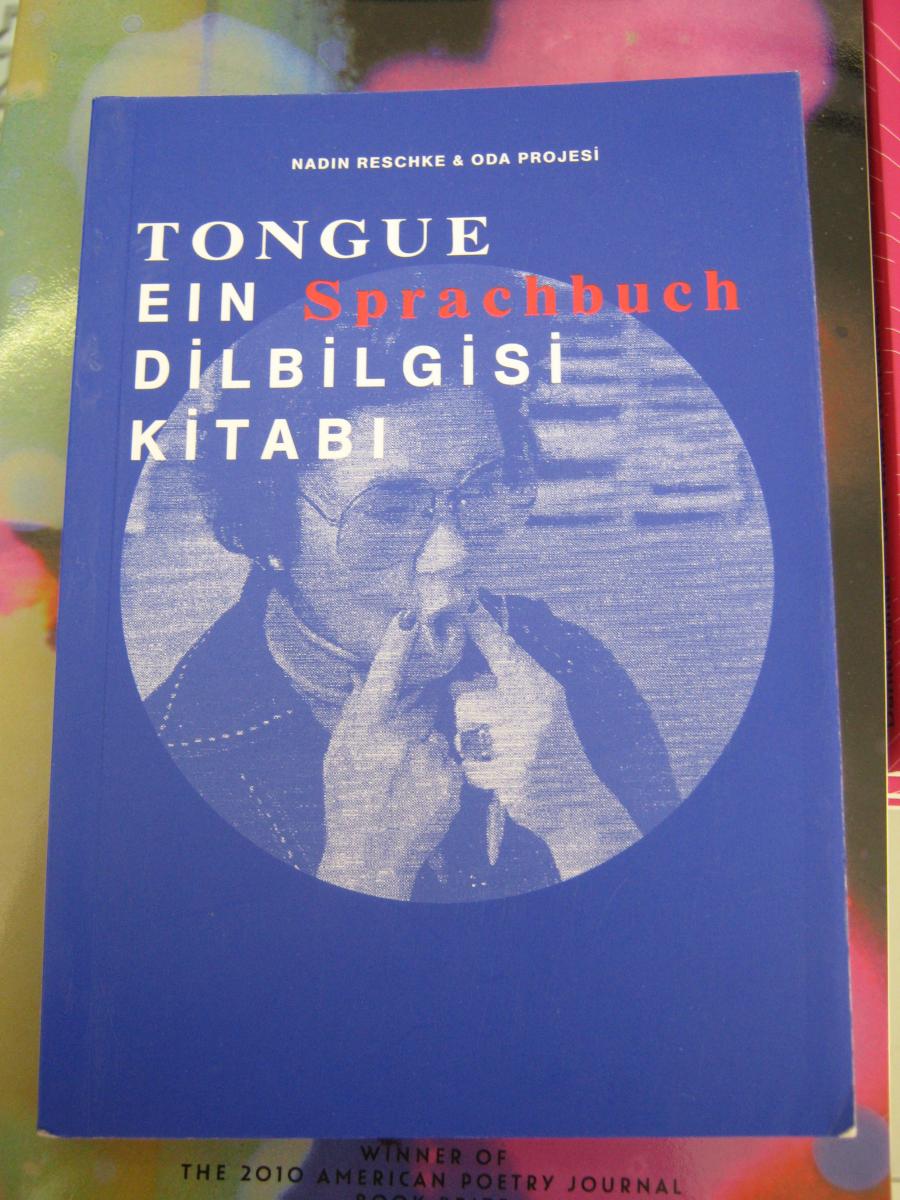
As Flaubert’s Bouvard and Pecuchet have shown us, trying to learn only from books and no experience only leads to one failure after another. Sometimes we need to take a closer look at the educational system and how knowledge is produced in order to move forward.
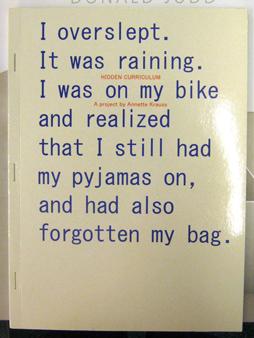
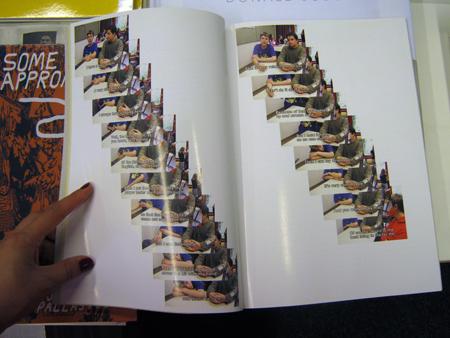
When math class gets boring…
I am sure most people can relate to the student who has figured out a way to listen to his mp3 player during class without getting caught, the student who uses a screenshot of the computer desktop to hide his computer game from the toolbar when minimized, or the student who writes her instant messages in white on the word processor and quickly copy-pastes them to send when the teacher’s back is turned; when we are forced into doing something we don’t want to do, there are always ways to make things more enjoyable for ourselves. Annette Krauss’s project Hidden Curriculum (2008) investigates this unrecognized and unintended knowledge within the institutional learning system. The high school students that she collaborated with have come up with imaginative and constructive ways to make it through the school day, and Krauss is interested in trying to further develop their creativity and provide the students with an opportunity to reflect on and react to the interactions in educational institutions. (Available at Motto)
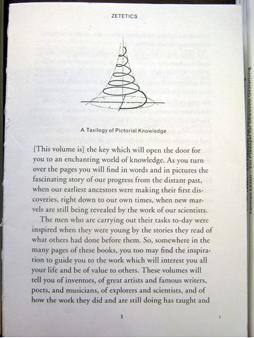
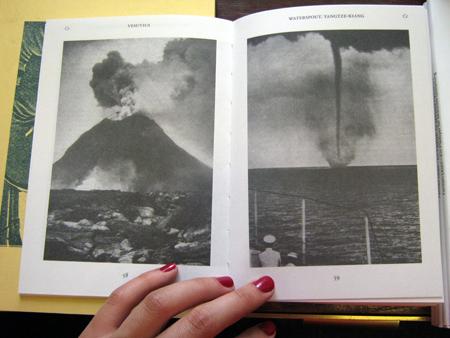
A children’s encyclopedia for adults…
The book Zetetics, a Taxiology of Pictorial Knowledge (2011) by Nuno da Luz is an interesting juxtaposition of a visual encyclopedia for children and an essay about zetetics, the science of research. The encyclopedia intends to provide the young, curious reader with exposure to all of the wonders of the natural world, important inventions, exotic locations, and influential historical figures in order to ignite a particular interest in the child so they will go on to pursue their interest and leave their productive mark on society. On the other hand, Joseph T. Tykociner’s theory of zetetics advocates for a systematization all our information about research and artistic endeavors with the idea that studying knowledge production will lead to further intellectual growth and the solutions to all of society’s problems. (Available from Atlas Projectos)
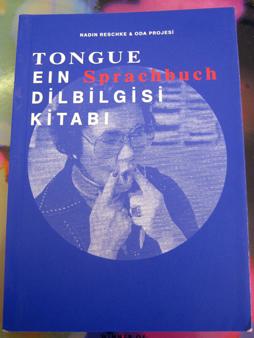
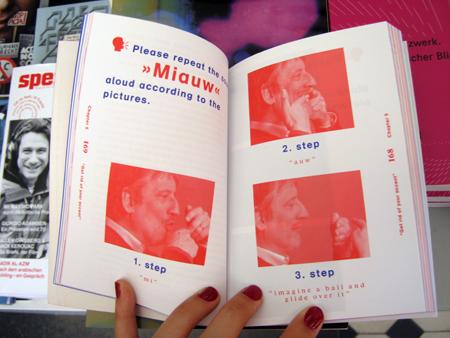
Learning languages on the streets (or in a bar)…
The subject of Tongue Ein Sprachbuch/ Dilbilgisi Kitab (2012) by Nadin Reschke and Oda Projesi hits literally close to home since the focus of the project is Kreuzberg, where German, Turkish, and English coexist. The structure of this book proposes that we use the typical structure of a language course in order to examine how language is used in everyday life. The book also aims to move beyond the Tower of Babel cliché and question if we can form a new language based on the daily language of individuals instead of entire groups.
The book itself moves between the three languages and includes pronunciation guides with visuals, exercises that are guaranteed to make you think about language and society instead of verb conjugations, and more. (Available at ProQM)